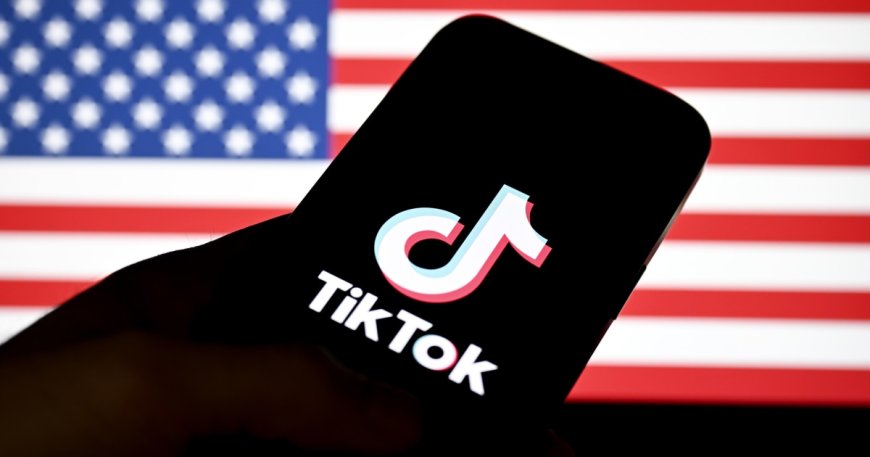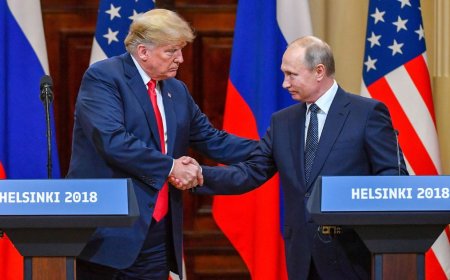TikTok resumes operations in the US
TikTok resumed service in the United States on Sunday after a brief outage, following the implementation of a law banning the popular app due to national security concerns.

The video-sharing platform TikTok credited President-elect Donald Trump, who is set to retake office on Monday, for facilitating its return to service in the United States. This came after the app briefly shut down late Saturday as a law banning TikTok on national security grounds took effect, with its Chinese owner, ByteDance, facing a deadline to sell its U.S. subsidiary to non-Chinese buyers. The outgoing Biden administration had earlier indicated it would not enforce the ban.
On Sunday morning, as millions of users were blocked from accessing the app, Trump announced he would issue an executive order delaying the ban to allow time for negotiations. Posting on his Truth Social platform, Trump also proposed that the U.S. take a 50% ownership stake in TikTok, citing its potential to grow in value to "hundreds of billions of dollars—maybe trillions." He stated, "By doing this, we save TikTok, keep it in good hands."
In response, TikTok announced on X (formerly Twitter) that it was working to restore service. The company thanked Trump for "providing the necessary clarity and assurance" to its service providers, ensuring they would not face penalties for serving over 170 million U.S. users. However, TikTok did not comment on Trump’s call for partial U.S. ownership.
By Sunday afternoon, TikTok was operational in the U.S. once again. Wedbush Securities analyst Dan Ives called the outcome "a big win for TikTok and a political victory for Trump," likening the situation to a "high-stakes poker game between the U.S. and China."
At a rally in Washington later that day, Trump emphasized his commitment to preserving TikTok, telling supporters, "Frankly, we have no choice; we have to save it," while pointing out the app’s significant impact on U.S. jobs. He added, "We don’t want to hand over our business to China or anyone else."
The law allows a 90-day delay for enforcement if progress is made toward a deal. However, ByteDance has consistently refused to sell its U.S. subsidiary, leaving uncertainty about the ban's future once Trump assumes office. Adam Kovacevich, CEO of the trade group Chamber of Progress, noted that the law was designed to be "virtually president-proof." It imposes penalties of up to $5,000 per user for non-compliance, requiring companies like Apple, Google, and Oracle to enforce the ban.
The legislation has sparked international reactions. Estonia’s foreign minister, Margus Tsahkna, called for Europe to consider similar bans, while at the Australian Open, American tennis player Coco Gauff wrote "RIP TikTok USA" on a camera lens after her match.
Meanwhile, in Wisconsin, a man allegedly set fire to an unoccupied building tied to a congressional office, reportedly in reaction to the TikTok ban, according to local police.
On Saturday, the U.S. subsidiary of TikTok received a last-minute merger proposal from start-up Perplexity AI. While the deal lacked a formal price tag, sources estimated it would cost at least $50 billion.
What's Your Reaction?





















































































